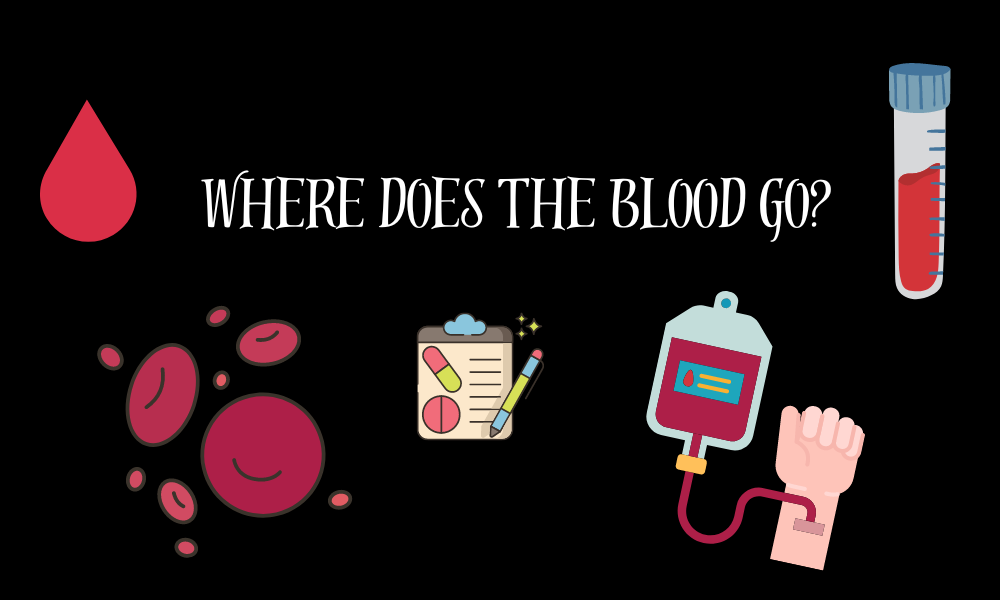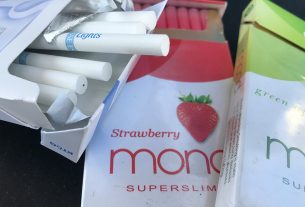Experts say that colleges and organisations must take initiative to donate blood.
Fewer donors and large scale wastage of blood due to excessive collection has led to shortage of blood supply to government hospitals.
Dr. Prasanna, from Victoria hospital said, “A government hospital requires 180 units of blood, however, the hospital only gets below 80 units.” He added, “In a day, there must be 80 to 90 units of blood. But we have only 20 to 30 units of supply which is barely enough sufficient for four surgeries.”
Saroja, whose husband had a surgery recently said, “I struggled to get someone to donate blood since my husband needed AB negative which is a rare blood type. It was very difficult to find someone who matches and fits all the categories required.” She had admitted her husband at a private hospital at first since it was an emergency, but they charged for the blood supply as procedure fee, she said. I have a BPL card, but even on showing the details they did not agree to go ahead with the procedure, she added.
Saroja said that she had to shift her husband to a government hospital immediately. However, the hospital did not have the matching blood group at that time. She said, “When I had almost given up, there was a nurse who had the same blood group who offered to donate blood. Post testing procedures, the blood was transferred successfully.” She added that the incident had been the most dreadful experience as there seemed to be no blood readily available to help with a trauma case.
Dr. Rohan from NIMHANS said that they conduct their own blood camps but they run short of supply as there is an enormous requirement for trauma cases, which rounds up to nearly 10 units per surgery. However, the supply runs dry as donors are not usually available and they have to rely on other blood banks in cases of emergency, he said.
Aparna, the head of the blood unit of Rotary blood bank said, “We tie up with colleges like St. Joseph’s College, Christ University and afew other corporate companies like Royal Orchid Hotels and Infosys to get blood donors. We give them a certificate in return.”
Dr. Bharath from Apollo hospital said when they run out of blood, they enquire with the nearest camps and hospitals, if any staff member or nurses have the same blood type. Post the sampling and testing they donate blood, he said.
Reshma, an official from the Karnataka Red Cross Service and Community said, “To run a blood camp or mobile blood unit, several safety procedures and protocols have to befollowed. However,a lot of individual organisations supply blood to private hospitals instead of to government hospitals.”
She also said that, “Medical safety during blood storage is important and mobile blood units do not follow these measures. “These days, the blood donation vans are parked near unhygienic places like drainages and heavy traffic prone areas like Madiwala, Neelsandra and other places,” she said.” They tend to have poor blood sampling and do not follow copper sulphate sampling which is very important to check the plasma and platelets in the blood unit, she said. They are also likely to avoid background checks like smoking and drinking habits among donors, she added.
She said, “When we conduct camp drives, people usually ask for T-shirts or smiley balls in return, or sometimes even money. It is offensive and against the law to receive something in return for blood donation except a certificate of thanks and gratitude stamped by the institution or camp office.”
She added that the volunteers of Red Cross service undergo training in government hospitals to raise awareness about blood donation among people. They inform people about where they could donate blood and what they can receive in return for every donation. She said, “Private hospitals take up rare blood groups as they have access to data while red cross finds it hard to collect special blood groups when government hospitals are in need.”
Wilson, an attender from the Rotary blood bank said, “Government camps do not follow rules and regulations about having more than 25 percent of plasma in each unit of blood collected. In case of trauma surgery, when blood is required urgently they tend to contact government camps first, he said. But since they do not conduct camps regularly they do not have enough blood to supply, thus delaying the medical procedures.
Reshma said that Karnataka Red Cross only receives 16 units of blood when on an average they should be receiving a minimum of 100 units of blood per day. She added, “Every government hospital requires a minimum number of units to have optimum blood supply. They need around 100 to 150 units.” Blood groups like O positive are also not available given it’s the most common blood group among others, she said.
Dr.Zaheer Basha from Bowring hospital said, “Rotary camp and Red Cross camps are more organized when it comes to blood donation and blood supply. They follow proper rules and regulations.” However, there is a lack of awareness about blood donation. Colleges have helped in the past but there is inconsistency when it comes to meeting the demand. The months of December, January and February have a lot of holidays which causes supply to be at short, he added.” He said, “It would be helpful if multi-national corporations like Dell and public sectors like Hindustan Aeronautics Limited, and Border Security Force helped and volunteered too as there a lot of underprivileged people who depend on the supply from government camps are they are free under law.”




